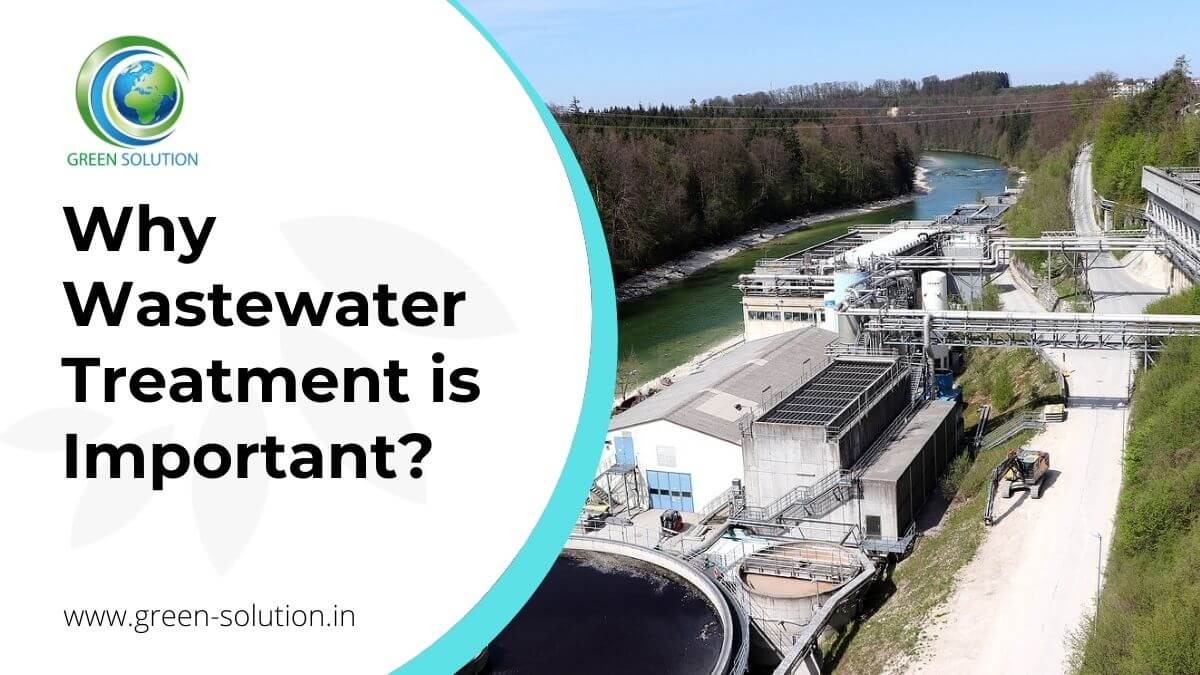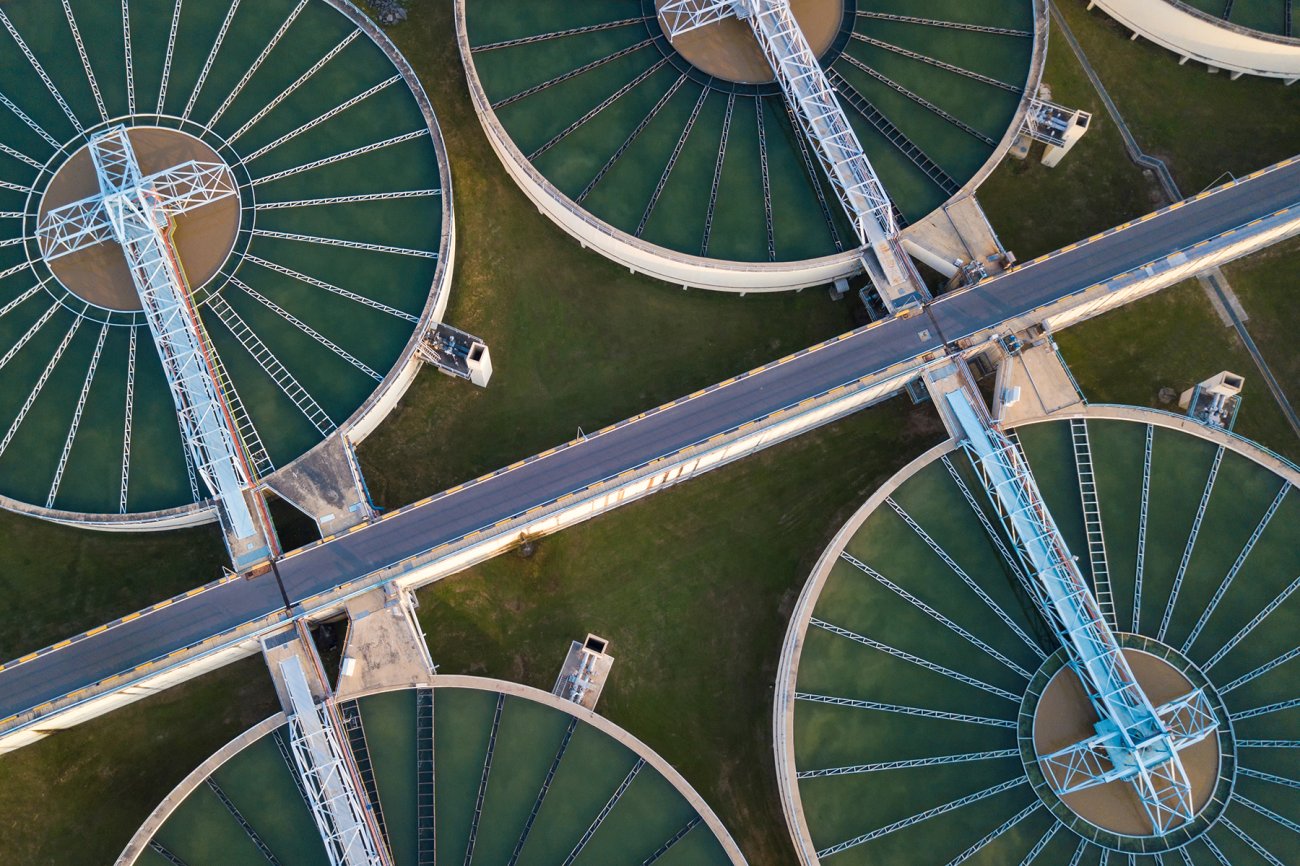The Basic Principles Of Reclaim Waste
The Basic Principles Of Reclaim Waste
Blog Article
What Does Reclaim Waste Mean?
Table of ContentsThe Basic Principles Of Reclaim Waste The Single Strategy To Use For Reclaim WasteThe Buzz on Reclaim WasteSome Known Questions About Reclaim Waste.Reclaim Waste Can Be Fun For AnyoneThe smart Trick of Reclaim Waste That Nobody is Talking About

Never ever put harmful compounds down sinks, commodes or stormwater drains Materials including gasoline, grease, oil, chemicals and herbicides, and solvents such as paint strippers should not be poured down sinks, bathrooms or stormwater drains pipes. These substances are challenging to get rid of in the sewer treatment process and create air pollution troubles in our regional rivers.

Liquid waste is a term that covers a broad selection of products, there's a good reason why leaving its disposal to the experts is suggested. Fluid waste is non-solid material that has no further use and has to be treated and disposed of according to neighborhood, state and federal regulations.
Reclaim Waste Things To Know Before You Get This
Although examples of liquid waste can consist of wastewater, fats, oils or oil, made use of oil, fluids, solids, gases or sludges and unsafe house fluids, there are some that are taken into consideration to be a lot more unsafe than others when it pertains to the setting and the health of animals and people alike. It's for this factor that each state and region have strict policies connected to fluid waste management.
Fluid waste can be stored in holding tanks or packaged in drums, intermediate bulk containers or approved small containers before either being dealt with or gotten rid of using outsourced vacuum cleaner trucks. Offered the nature of the materials, liquid waste can not go in the basic waste stream and there are stringent policies on just how to dispose of it properly.
(https://reclaim-waste.jimdosite.com/)Depending upon a determination of the degree of danger, it might be needed to remediate those sites. Furthermore, dangerous fluid chemical wastes are controlled waste and must be tracked based on the state waste legislation. Under the chain of guardianship and duties, proprietors are accountable and accountable for waste produced by a business.
Among the core applications for superabsorbent polymers (SAPs) is fluid waste solidification. industrial wastewater treatment. SAPs are used by waste monitoring professionals to stop potentially dangerous liquids from entering rivers, groundwater aquifers, and other sensitive environments. Since fluids can rapidly deliver contaminants right into environmental receptors and potentially add to geotechnical failings, liquid wastes article are usually restricted from disposal in landfills
3 Easy Facts About Reclaim Waste Described
Primarily, free liquids are liquids that separate from the strong part of waste product. Fluid waste can include the following: HDD mud and cuttings Garbage dump leachate Wastewater therapy sludge & biosolids Dug up debris Oil and gas drill cuttings Settling fish pond muck Hydro Excavation slurry Coal combustion residuals/ash Tank bottom sludge Concrete grinding/polishing slurry Related Post: For a sensible instance of cost-free fluids dividing from waste material, consider the following scenario: A waste administration professional lots a dump truck with sludge from a wastewater treatment plant's oygenation basin, throughout a routine maintenance event.
When the driver arrives at the landfill, he notifications water seeping from the sludge and pouring from the dump truck. The load was rejected by the landfill and the vehicle driver was compelled to get rid of the waste as a liquid waste at a special center, which increased the disposal costs greatly.
We likewise require to be accountable for the appropriate disposal of our waste materials. It is not enough that we pay waste disposal companies to take care of our rubbish.
The Only Guide to Reclaim Waste

Segregating your waste can begin inside the home. Set apart completely dry and fluid waste as well as edible waste, biodegradable and non-biodegradable materials.
You can utilize old trash can, pail, yard pot or old plastic drums. Pierce four to five holes in the container so the air can distribute. Layer all-time low with soil to absorb the wet waste. Begin the composting procedure. Layer the garden compost with damp and completely dry waste as well as soil to maintain a balance in between the damp and the completely dry.
Reclaim Waste for Beginners
Cover the garden compost bin. Once a week, add dirt in addition to the garden compost. To promote faster disintegration, you can likewise add semi composted soil to the garden compost. Preserve the compost. If you see the scent is ending up being too strong, add additional newspapers and paper waste or add more openings to the garden compost container to maintain the balance of the waste materials.
We likewise require to be accountable for the correct disposal of our waste materials. It is not sufficient that we pay waste disposal companies to take treatment of our rubbish.
Our waste, our responsibility. Have you ever before wondered what takes place to your liquid waste after it's accumulated? Did you understand that liquid waste can be recycled? As liable residents, you ought to recognize what occurs to your rubbish and where it goes after it is eliminated from you. Recognizing the liquid waste elimination process is necessary in helping you to segregate your waste.
Some Known Details About Reclaim Waste
The suitable area is a good outdoor room with a lot of sunlight and air. Segregate your waste. Segregating your waste can begin inside the home. Segregate dry and liquid waste in addition to edible waste, eco-friendly and non-biodegradable products. Constantly maintain the cover on your bins to prevent insects, worms, flies, and unpleasant odours.
Layer the bottom with soil to soak up the damp waste - liquid waste disposal. Layer the garden compost with wet and dry waste as well as dirt to keep an equilibrium in between the wet and the dry.
Cover the compost container. As soon as a week, include dirt in addition to the garden compost. To promote faster disintegration, you can also add semi composted soil to the compost. Preserve the garden compost. If you see the scent is coming to be too strong, include additional newspapers and paper waste or include even more holes to the garden compost container to keep the equilibrium of the waste materials.
Report this page